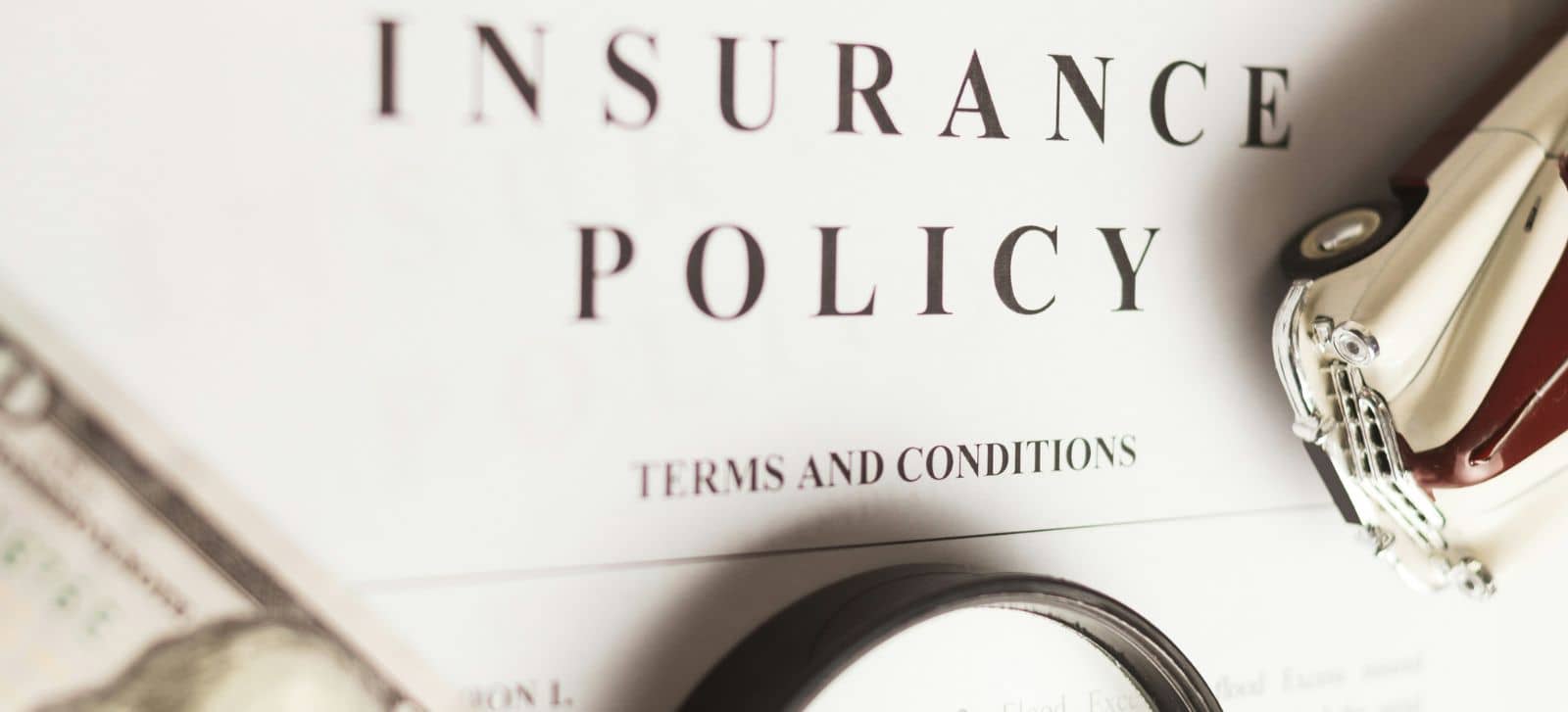How Soon Should You Report a Car Accident to Your Insurance Company?

Having a car accident can be a stressful and overwhelming experience. As the dust settles and your adrenaline levels return to normal, one of the first things you’ll need to do is contact your auto insurance company to report the incident. But how soon do you actually need to pick up the phone?
Getting in touch with your insurer quickly is crucial for protecting your rights and securing coverage for any vehicle repairs or medical treatment. As we’ll explore, most insurance policies require notification within 1-2 days of an accident at the latest.
We’ll walk through all the key steps in the process so you know exactly what to do after a crash. Reporting accidents promptly not only speeds up potential payouts but also reduces the chances of a rejected claim down the road.
Move Quickly – Only 10 Days to File a Crash Report in Florida
Before calling your insurance agent, you may need to officially report the incident to law enforcement. If the accident did not result in a police report, drivers have ten days from the date of the accident to complete a formal crash report.
Ensure you call the non-emergency police number so officers can fully document event details and speak with all parties involved. Having an authoritative third-party record is invaluable if questions later arise over accident fault and liability.
Insurance Companies Want Notification ASAP
With the authorities notified, next comes calling your trusty insurance provider. And it’s in your best interest to accomplish this just as soon as physically possible once the dust from a crash starts settling.
Most auto insurance policies don’t define an explicit window for when to report accidents. However, the general industry guidance is to notify within 24 hours whenever reasonably possible.
The sooner your insurance provider is looped into the situation, the faster potential payments can get moving for vehicle repairs, short-term rentals, and any medical expenses from injuries sustained.
Late reporting can delay processing or even trigger outright claim denial in some cases. So don’t let ongoing police investigations, car rental logistics, or minor injuries distract you from promptly notifying your policy issuer with at least a preliminary heads-up.
Be Prepared to Supply Key Accident Information
When first reaching out to your insurance company, be prepared to provide essential details like:
- Date/time/specific location of the accident
- Contact information for other involved drivers
- A short narrative of how the incident occurred
- A clear indication of any injuries sustained
Having photos of the vehicle damage and the surrounding area can also help claims adjusters begin assessing fault percentages and next steps.
Follow up the initial contact by mailing formal supporting documentation like police reports, medical evaluations, and cost estimates for repairs/treatment. Continually loop your insurer in throughout the claims process so none of these elements come as a surprise down the road.
Why Fast Reporting Matters
Beyond just fulfilling policy notification obligations, there are a few core reasons for reporting accidents to your auto insurer with the utmost urgency.
1. Preserve Accident “Freshness” for Claims Decisions
Details inevitably slip away as the days and weeks after a collision pass by. Filing the report ASAP ensures all facts are collected while fresh for adjusters to make informed fault judgments.
Would you trust a witness giving their recollection of events six months post-crash? Or would you prefer statements taken six hours afterward? Insurers face this same dilemma, so help them by supplying information while the memory iron is hot.
2. Repairs and Medical Care More Quickly
Insurers can only cut checks for repairs, car rentals, and injury treatments after you’ve formally filed a claim reporting accident circumstances.
Waiting 2 or 3 weeks to finally pick up the phone just delays your vehicle sitting idle at a body shop and pushes out follow-up doctor appointments later than ideal after ER discharge. Don’t voluntarily extend these temporary headaches.
3. Avoid Accusations of Fraudulent Reporting
Similar to the issue of declining memory reliability mentioned earlier, delays between an accident and the filing date can, unfortunately, raise flags with claims departments.
Adjusters look closely for consistency across all records to ensure details weren’t artificially massaged over time to improperly shift blame. Stick to fast reporting timelines to nip any unwarranted fraud suspicions in the bud.
4. Prevent Violation of Policy Notification Windows
Last but certainly not least, most insurance contracts include verbiage mandating accident notification in a “prompt,” “quick,” or “reasonable” timeframe. Refusing to ever report a collision you were involved with could risk your claim eventually getting denied down the road.
Don’t gamble with denial over a reporting technicality – make the call early!
When Injuries Delay Reporting Timeframes
If you experience significant injuries in a car accident requiring immediate emergency medical intervention, you may have some leeway for reporting.
You can’t exactly file a claim from the ER trauma bay or operating room, after all! But do ensure a trusted spouse, family member, or close friend contacts your insurance provider with at least basic accident details within that 24-hour goalpost.
Once discharged and settled back at home, follow up directly with your insurer to provide further information and get the claims ball actively rolling. Don’t let that reporting grace period stretch beyond the reasonable recovery period unless utterly physically impossible.
Don’t Let Insurers Twist Your Words – Consult a Lawyer Before Accident Reporting
While you do need to report your auto accident in a timely manner, contacting and consulting an attorney beforehand can protect your rights and strengthen your case. The account you give of the accident, even in initial insurance reports, can impact determinations of liability and coverage under your uninsured motorist policy later on.
An experienced accident attorney can advise you on documenting the crash, preserving evidence, obtaining witness information, and can assist in crafting your statement to insurers in a way that accurately represents fault without unknowingly hampering your ability to maximize compensation down the road.
Though quick accident reporting remains legally important, connecting with legal counsel soon after the incident can make all the difference in achieving the best outcome for your injury claim and rights to compensation. Don’t leave your case vulnerable by reporting an accident without experienced legal guidance. Consult our car accident attorneys at Purely Legal first whenever possible after a collision.
With years of combined legal experience specifically focused on auto accident cases, we level the playing field against big national insurance companies eager to minimize payouts. Our attorneys have helped clients secure maximum compensation through aggressive negotiations outside courtroom walls. But we’re not afraid to tirelessly litigate on your behalf if fair settlements remain elusive.
Don’t endure months or years of drawn-out accident aftermath on your own. Call our office or visit our website to schedule a FREE case evaluation and put our experience to work for you.
